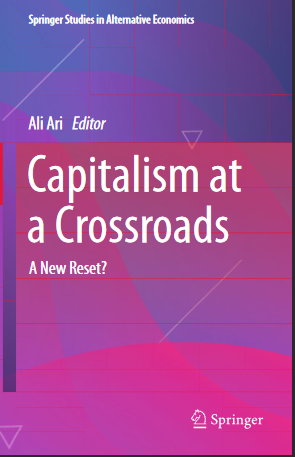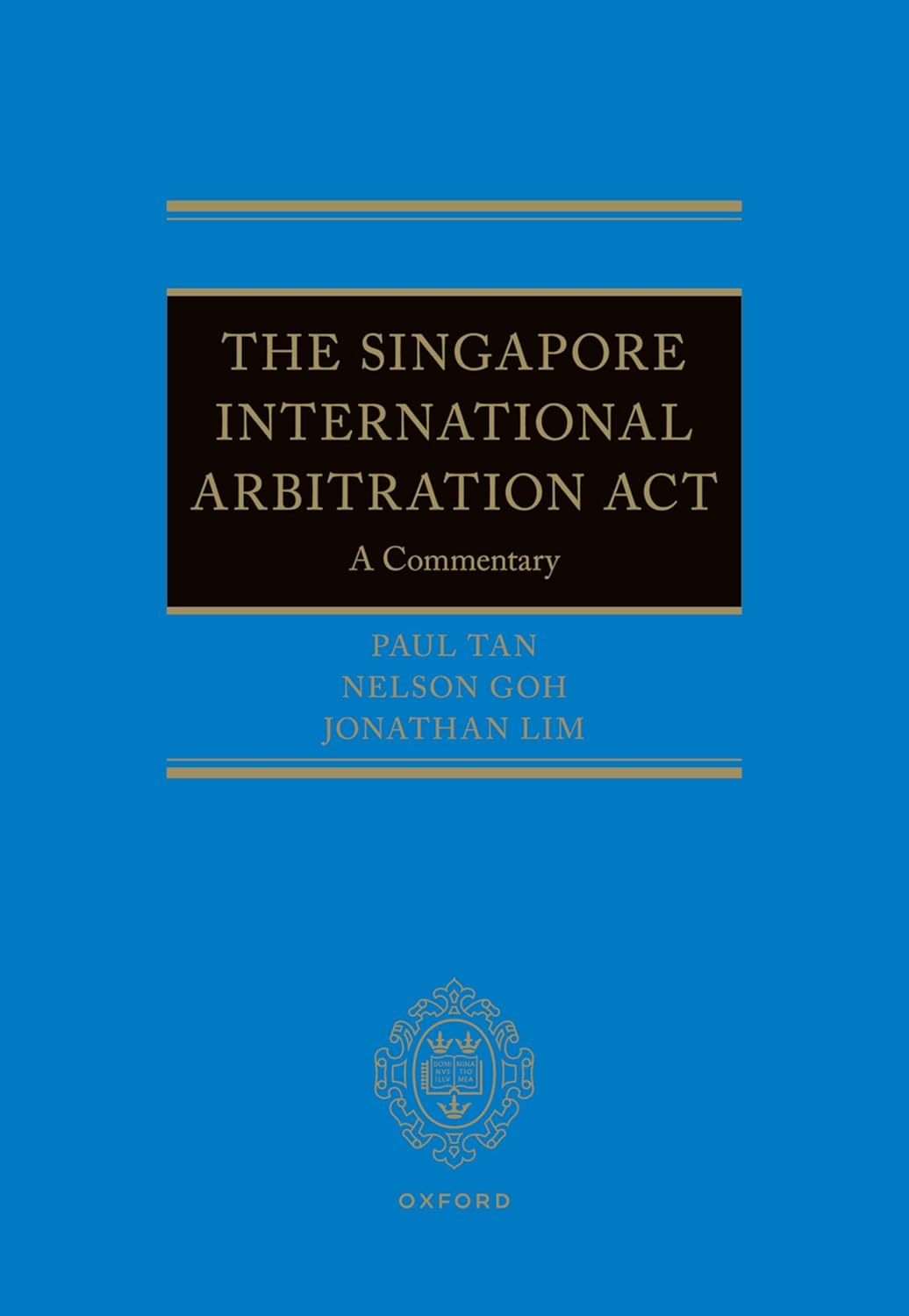End of Endless Growth Regime: Accumulation and Technology Mehmet Hanefi Topal Abstract One of the most important moral questions of our time is how to ensure the endless growth despite some of its limits. The question of whether endless growth is possible is not only on the agenda of advanced capitalist economies. It is also a fundamental problem for less developed economies and capitalist industrial civilizations as a whole. In the economic literature, there are two opposing views on whether endless growth is possible. According to proponents of capitalism and endless growth, it is possible through the creation of accumulation based on tech- nological progress and efficiency. On the other hand, opponents consider the limits of economic growth, especially in the context of green thinking and human well- being. This study attempts to answer the question of whether we have reached the end of the ideology of endless growth and capitalism by presenting the arguments of the two opposing views. Keywords Endless growth · Capitalism · Accumulation of capital · Technological progress 1 Introduction One of the most important moral issues of our time is whether endless growth is possible despite some of its limitations. The question of whether endless growth is possible is not just an agenda of advanced capitalist economies, but also a funda- mental problem of less developed economies and the capitalism as a whole. The ideology that societies need endless growth in order to increase their welfare is a fairly recent one. However, this ideology dates back to the 1950s. Prior to that, neither the political arena nor the academic discussions focused on the idea of endless growth (Pansera & Fressoli, 2021)
چکیده فارسی
پایان رژیم رشد بی پایان: انباشت و فناوری مهمت حنفی توپال چکیده یکی از مهمترین سؤالات اخلاقی زمان ما این است که چگونه می توان رشد بی پایان را علیرغم برخی محدودیت های آن تضمین کرد. این پرسش که آیا رشد بی پایان ممکن است نه تنها در دستور کار اقتصادهای سرمایه داری پیشرفته قرار دارد. همچنین یک مشکل اساسی برای اقتصادهای کمتر توسعه یافته و تمدن های صنعتی سرمایه داری به عنوان یک کل است. در ادبیات اقتصادی، دو دیدگاه متضاد در مورد امکان رشد بی پایان وجود دارد. به عقیده طرفداران سرمایه داری و رشد بی پایان، از طریق ایجاد انباشت مبتنی بر پیشرفت و کارایی فن آوری امکان پذیر است. از سوی دیگر، مخالفان محدودیتهای رشد اقتصادی را بهویژه در زمینه تفکر سبز و رفاه انسان در نظر میگیرند. این پژوهش سعی دارد با ارائه استدلال های دو دیدگاه متضاد به این پرسش پاسخ دهد که آیا به پایان ایدئولوژی رشد بی پایان و سرمایه داری رسیده ایم؟ کلیدواژه ها رشد بی پایان · سرمایه داری · انباشت سرمایه · پیشرفت فناوری 1 مقدمه یکی از مهمترین مسائل اخلاقی عصر ما این است که آیا رشد بی پایان با وجود برخی محدودیت های آن امکان پذیر است یا خیر. این پرسش که آیا رشد بی پایان امکان پذیر است نه فقط دستور کار اقتصادهای سرمایه داری پیشرفته، بلکه یک مشکل اساسی اقتصادهای کمتر توسعه یافته و سرمایه داری به عنوان یک کل است. این ایدئولوژی که جوامع برای افزایش رفاه خود به رشد بی پایان نیاز دارند، یک ایدئولوژی نسبتاً جدید است. با این حال، این ایدئولوژی به دهه 1950 برمی گردد. قبل از آن، نه عرصه سیاسی و نه بحث های آکادمیک بر ایده رشد بی پایان متمرکز نبودند (Pansera & Fressoli، 2021)
ادامه ...
بستن ...
Editor
Ali Ari
Department of Political Science and Public
Administration
Marmara University
Istanbul, Turkey
ISSN 2731-5908 ISSN 2731-5916 (electronic)
Springer Studies in Alternative Economics
ISBN 978-3-031-23256-5 ISBN 978-3-031-23257-2 (eBook)
https://doi.org/10.1007/978-3-031-23257-2
© The Editor(s) (if applicable) and The Author(s), under exclusive license to Springer Nature Switzerland
AG 2023
This work is subject to copyright. All rights are solely and exclusively licensed by the Publisher, whether
the whole or part of the material is concerned, specifically the rights of translation, reprinting, reuse of
illustrations, recitation, broadcasting, reproduction on microfilms or in any other physical way, and
transmission or information storage and retrieval, electronic adaptation, computer software, or by
similar or dissimilar methodology now known or hereafter developed.
The use of general descriptive names, registered names, trademarks, service marks, etc. in this publication
does not imply, even in the absence of a specific statement, that such names are exempt from the relevant
protective laws and regulations and therefore free for general use.
The publisher, the authors, and the editors are safe to assume that the advice and information in this
book are believed to be true and accurate at the date of publication. Neither the publisher nor the authors or
the editors give a warranty, expressed or implied, with respect to the material contained herein or for any
errors or omissions that may have been made. The publisher remains neutral with regard to jurisdictional
claims in published maps and institutional affiliations.
This Springer imprint is published by the registered company Springer Nature Switzerland AG
The registered company address is: Gewerbestrasse 11, 6330 Cham, Switzerland
ادامه ...
بستن ...










